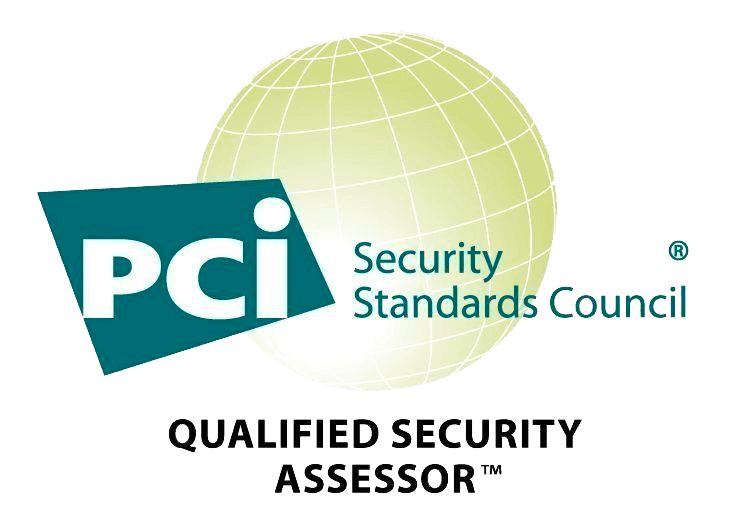The Payment Card Industry Data Security Standard (PCI DSS) is an essential information security standard established to protect cardholder data during credit and debit card transactions. Developed in 2004 by major credit card brands—Visa, Mastercard, American Express, Discover, and JCB—the standard is administered by the Payment Card Industry Security Standards Council (PCI SSC) and is designed to reduce payment card fraud by enhancing security measures surrounding cardholder information.
Purpose and Importance
The primary objective of PCI DSS is to safeguard sensitive cardholder data, including credit card numbers, expiration dates, and security codes. By implementing PCI DSS, organizations can minimize the risk of data breaches and fraud, fostering trust among customers and stakeholders. Although PCI DSS compliance is not a legal requirement, it is often mandated through contractual obligations for businesses that process, store, or transmit payment card information.
Compliance Requirements
PCI DSS outlines twelve specific requirements grouped into six control objectives:
- Build and maintain a secure network and systems:
- Install and maintain a firewall to protect cardholder data.
- Avoid using vendor-supplied defaults for system passwords and other security parameters.
- Protect cardholder data:
- Protect stored cardholder data.
- Encrypt transmission of cardholder data across open and public networks.
- Maintain a vulnerability management program:
- Protect all systems against malware and regularly update anti-virus software.
- Develop and maintain secure systems and applications.
- Implement strong access control measures:
- Restrict access to cardholder data based on business needs.
- Identify and authenticate access to system components.
- Restrict physical access to cardholder data.
- Regularly monitor and test networks:
- Track and monitor all access to network resources and cardholder data.
- Regularly test security systems and processes.
- Maintain an information security policy:
- Establish, publish, maintain, and disseminate a security policy that addresses information security for all personnel.
Assessment and Compliance Levels
Organizations must validate their compliance with PCI DSS either annually or quarterly, depending on their transaction volume. Compliance can be assessed through self-assessment questionnaires or by hiring a Qualified Security Assessor (QSA). The compliance levels are categorized based on the number of transactions processed annually:
- Level 1: Over six million transactions.
- Level 2: One to six million transactions.
- Level 3: 20,000 to one million transactions.
- Level 4: Fewer than 20,000 transactions.
Adhering to PCI DSS is crucial for any organization that handles payment card information, as non-compliance can lead to severe consequences, including fines, litigation, and reputational damage.
What are the four things that PCI DSS covers?
PCI DSS covers six primary goals, which are encapsulated in four main areas of focus:
- Build and Maintain a Secure Network and Systems:
- This includes installing and maintaining firewalls to protect cardholder data and ensuring that default security settings provided by vendors are not used.
- Protect Cardholder Data:
- Organizations must protect stored cardholder data and encrypt transmission of cardholder data across open and public networks.
- Maintain a Vulnerability Management Program:
- This involves using and regularly updating antivirus software and developing secure systems and applications to protect against vulnerabilities.
- Implement Strong Access Control Measures:
- Access to cardholder data should be restricted based on business needs, and unique IDs should be assigned to individuals with access to sensitive data.
These areas collectively aim to enhance the security of payment card transactions and protect sensitive information from fraud and breaches.
Who has to comply with PCI DSS?
All entities that process, store, or transmit credit card information must comply with PCI DSS, including:
- Merchants of all sizes
- Service providers
- Financial institutions
- Issuers
- Acquirers
However, formal validation of PCI DSS compliance is not mandatory for all entities. The specific requirements depend on the entity's transaction volume:
- Level 1: Over 6 million transactions per year. These merchants must undergo an annual assessment by a Qualified Security Assessor (QSA) and quarterly network scans by an Approved Scanning Vendor (ASV).
- Level 2: 1 to 6 million transactions per year. These merchants must complete an annual Self-Assessment Questionnaire (SAQ) and may need to submit quarterly network scans.
- Level 3: 20,000 to 1 million e-commerce transactions per year. Similar to Level 2, these merchants must complete an annual SAQ and may need to submit quarterly network scans.
- Level 4: Less than 20,000 e-commerce transactions and all other merchants processing up to 1 million transactions annually. These merchants must complete an annual SAQ and may need to submit quarterly network scans.
While PCI DSS compliance is not required by federal law in the U.S., some states have incorporated it into state law. Entities that are PCI DSS compliant are shielded from liability in the event of a data breach in some states.





